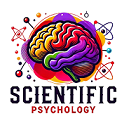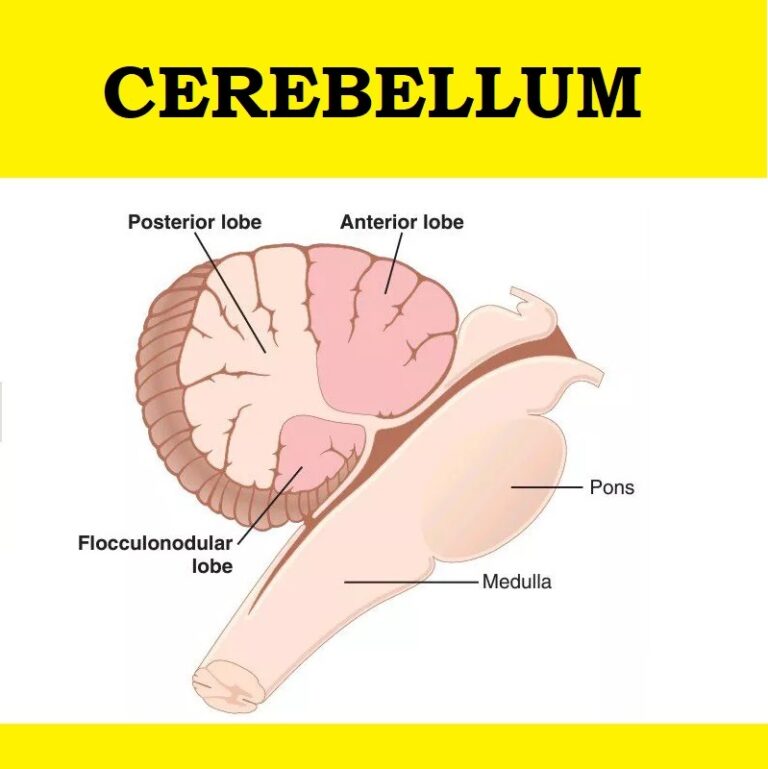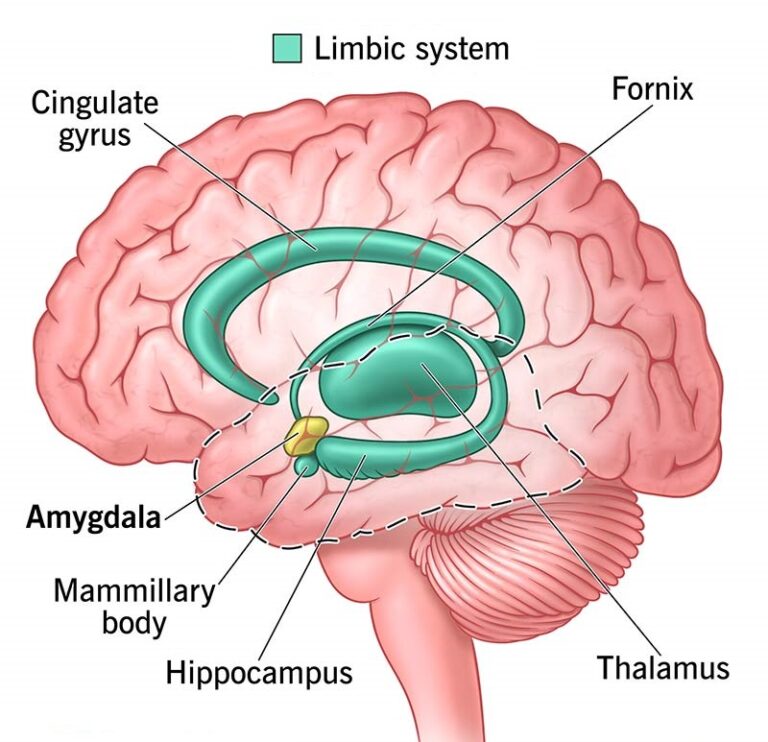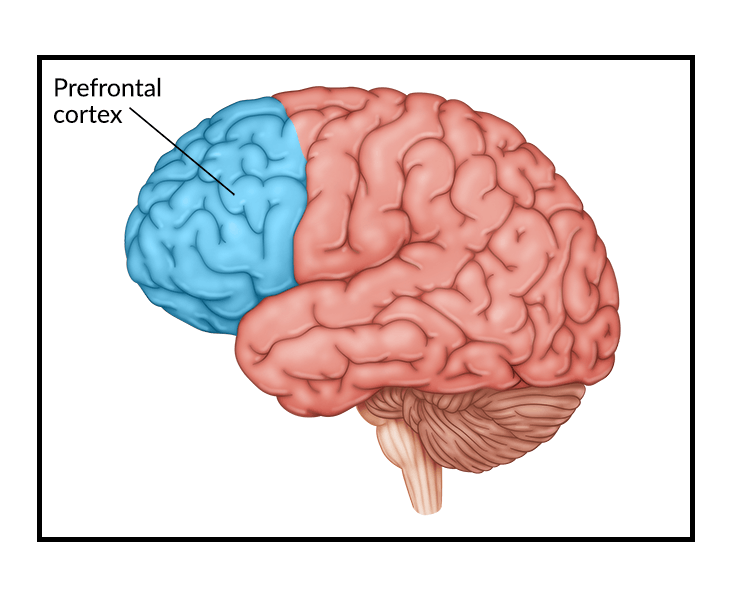
Psychological testing in organizational and business settings has become an integral part of decision-making processes related to hiring, training, leadership development, employee retention, and overall workforce management. These tests provide data-driven insights into the cognitive, emotional, and behavioral functioning of individuals, facilitating more effective HR practices and improving organizational outcomes. From employee selection to performance appraisals, psychological testing helps organizations better understand their workforce and ensure optimal productivity and job satisfaction.
1. Psychological Testing in Recruitment and Selection
Psychological tests are widely used during the recruitment process to assess candidates’ suitability for specific roles. These tests provide insight into an individual’s personality, cognitive abilities, values, and how they might fit into the organizational culture. Tests help organizations ensure that they select the most qualified and suitable candidates, reducing turnover rates and increasing job satisfaction.
1.1 Personality Assessments for Cultural Fit
Personality tests, such as the Five-Factor Model (FFM) or the Myers-Briggs Type Indicator (MBTI), are often used to determine how well candidates align with the organization’s values and culture. These tests measure traits like openness, conscientiousness, extraversion, agreeableness, and neuroticism, which can predict a candidate’s ability to thrive within the company’s environment.
Example: A company seeking to hire a customer service representative may use a Big Five Personality Test to assess traits like agreeableness and emotional stability. Individuals scoring high in these traits are likely to be more effective in handling customer complaints and building positive relationships.
Research Finding: A study by Barrick and Mount (1991) found that conscientiousness is a strong predictor of job performance across various job types, while extraversion is particularly relevant for roles requiring high interpersonal interaction.
1.2 Cognitive Ability Tests
Cognitive ability tests assess a candidate’s problem-solving, analytical, and reasoning skills. These are critical in jobs requiring complex decision-making and high levels of mental effort. Common tests include the Wonderlic Personnel Test and Raven’s Progressive Matrices.
Scenario Example: A tech company hiring software developers might administer a Wonderlic Test to gauge candidates’ cognitive ability to understand complex algorithms, assess critical thinking, and solve problems under pressure. High scores would indicate a strong ability to perform well in such roles.
Research Finding: A meta-analysis by Schmidt and Hunter (1998) concluded that cognitive ability tests are the best predictors of job performance, particularly for complex roles that require critical thinking and problem-solving.
Take Free Computer Based Psychological Tests
Get Immediate Results Completely Free !!
2. Training and Development
Psychological assessments are useful tools for designing personalized training programs that align with an employee’s learning style, strengths, and areas for improvement. By evaluating cognitive abilities, learning preferences, and personality, organizations can create more effective and tailored training initiatives.
2.1 Skills Assessment and Competency Mapping
Organizations often use psychological tests to assess the skill levels of employees, identifying areas for further development. Competency assessments may include both cognitive and personality evaluations, such as 360-degree feedback and skills inventories.
Example: A multinational corporation might assess its employees’ leadership potential using tools like the Leadership Practices Inventory (LPI). Results can help design customized leadership development programs focusing on areas where employees need improvement, such as decision-making, communication, and team collaboration.
2.2 Learning Style and Cognitive Flexibility Assessments
Understanding an employee’s learning style can enhance the effectiveness of training programs. Cognitive flexibility tests measure how well individuals adapt their thinking to new information, an important skill for dynamic work environments.
Scenario Example: In a scenario where a company is introducing new software tools, employees who score high on cognitive flexibility assessments, such as the Cognitive Flexibility Inventory (CFI), might be trained using a combination of hands-on workshops and self-paced online tutorials, whereas employees with lower scores might receive more structured training with closer supervision.
Research Finding: Research by Dweck (2006) has shown that individuals with a “growth mindset,” who display high cognitive flexibility, perform better in training and adapt more quickly to organizational changes.
Take Free Computer Based Psychological Tests
Get Immediate Results Completely Free !!
3. Employee Performance Management
Psychological tests can also be used to evaluate employee performance and monitor progress toward organizational goals. Regular assessments help identify high performers, support underperforming employees, and ensure overall workforce alignment with company objectives.
3.1 Motivation and Engagement Assessments
Psychological tests such as the Job Diagnostic Survey (JDS) and Workplace Motivation Scale (WMS) measure employee motivation, engagement, and job satisfaction. These tools can be particularly valuable in identifying areas that need improvement to increase employee engagement and retention.
Scenario Example: A retail company might use the WMS to assess how motivated its employees are in different departments. Employees with low motivation scores could then receive targeted interventions like improved recognition programs or more meaningful work assignments.
Research Finding: A study by Harter et al. (2002) found that employee engagement, as measured by tools like the Gallup Q12, significantly correlated with higher productivity, job satisfaction, and reduced turnover.
3.2 Performance Appraisal Tools
Psychological assessments, such as 360-degree feedback, behaviorally anchored rating scales (BARS), and self-assessment questionnaires, are used in employee performance appraisals. These tools help provide a more objective and comprehensive evaluation of an employee’s strengths and weaknesses.
Example: An organization might use a BARS system to evaluate a salesperson’s performance based on specific behaviors (e.g., number of sales closed, communication with clients). This allows managers to identify areas for improvement and provide more targeted feedback.
Take Free Computer Based Psychological Tests
Get Immediate Results Completely Free !!
4. Leadership Development and Succession Planning
Psychological assessments play a key role in identifying potential leaders within an organization. By evaluating emotional intelligence (EI), personality traits, and cognitive ability, these tests provide insight into individuals who have the potential to lead effectively.
4.1 Emotional Intelligence Assessments
Tests like the Emotional Intelligence Appraisal (EIA) and Mayer-Salovey-Caruso Emotional Intelligence Test (MSCEIT) are used to assess how well individuals manage their emotions, understand the emotions of others, and use emotional information to guide their thinking and actions.
Scenario Example: A company looking to identify future leaders might administer the EIA to evaluate employees’ emotional intelligence. Those who score highly might be placed in leadership development programs focused on further enhancing interpersonal skills, conflict resolution, and team management.
Research Finding: A study by Goleman (1998) found that emotional intelligence is a stronger predictor of leadership effectiveness than technical skills or cognitive intelligence.
4.2 Leadership Competency Assessments
The Leadership Practices Inventory (LPI) and the Transformational Leadership Inventory (TLI) are tools used to assess leadership competencies such as vision-setting, decision-making, and the ability to inspire and motivate teams.
Example: A company undergoing succession planning might use the LPI to identify employees who demonstrate key leadership behaviors like inspiring a shared vision and enabling others to act. These individuals could be fast-tracked for executive roles.
Take Free Computer Based Psychological Tests
Get Immediate Results Completely Free !!
5. Organizational Behavior and Culture Assessment
Psychological testing helps organizations better understand organizational behavior and culture. Assessing employee perceptions of organizational culture, values, and leadership styles enables businesses to improve internal dynamics and align them with strategic goals.
5.1 Cultural Fit Assessments
Cultural fit is crucial in ensuring that employees thrive within the company. Tools like the Organizational Culture Inventory (OCI) assess the organizational climate and help identify areas where culture may need to be aligned with company goals.
Scenario Example: An organization with a high-performance culture may use the OCI to assess how well employees align with values like competition and achievement. Based on the results, the company may decide to revise its recruitment strategies to attract more results-oriented candidates.
5.2 Team Dynamics and Collaboration
Psychological tests such as Team Role Inventory (TRI) and Thomas-Kilmann Conflict Mode Instrument (TKI) assess how employees function within teams, including their preferences for roles and conflict management styles.
Research Finding: A study by Belbin (2010) demonstrated that understanding team dynamics through the TRI can improve collaboration and performance by ensuring a balance of complementary skills within teams.
Take Free Computer Based Psychological Tests
Get Immediate Results Completely Free !!
6. Ethical Considerations in Organizational Psychological Testing
6.1 Informed Consent
Employees and candidates should be informed about the nature and purpose of the psychological tests. Informed consent ensures transparency and trust, crucial in fostering an ethical work environment.
6.2 Fairness and Non-Discrimination
Psychological tests must be fair and unbiased to avoid discriminatory practices. This involves ensuring that tests are valid and reliable across different groups of employees, regardless of their background, gender, or ethnicity.
6.3 Privacy and Confidentiality
The results of psychological tests should be kept confidential, shared only with those who have legitimate access, such as HR professionals or the employee’s direct supervisor.
Take Free Computer Based Psychological Tests
Get Immediate Results Completely Free !!
Conclusion
Psychological testing in organizational and business settings offers a wealth of valuable insights into employee traits, abilities, and behaviors. Its applications in recruitment, training, performance management, leadership development, and organizational behavior are numerous and crucial for fostering a high-performing and well-aligned workforce. However, organizations must remain vigilant about ethical concerns such as fairness, transparency, and privacy when using these tools.
By utilizing psychological testing appropriately, businesses can ensure they are making data-driven decisions that enhance both individual and organizational success.
References
- Barrick, M. R., & Mount, M. K. (1991). The Big Five personality dimensions and job performance: A meta-analysis. Personnel Psychology, 44(1), 1-26.
- Belbin, R. M. (2010). Team Roles at Work. Butterworth-Heinemann.
- Dweck, C. S. (2006). Mindset: The New Psychology of Success. Random House.
- Goleman, D. (1998). Working with Emotional Intelligence. Bantam Books.
- Schmidt, F. L., & Hunter, J. E. (1998). The validity and utility of selection methods in personnel psychology: Practical and theoretical implications of 85 years of research findings. Psychological Bulletin, 124(2), 262-274.
Take Free Computer Based Psychological Tests
Get Immediate Results Completely Free !!







